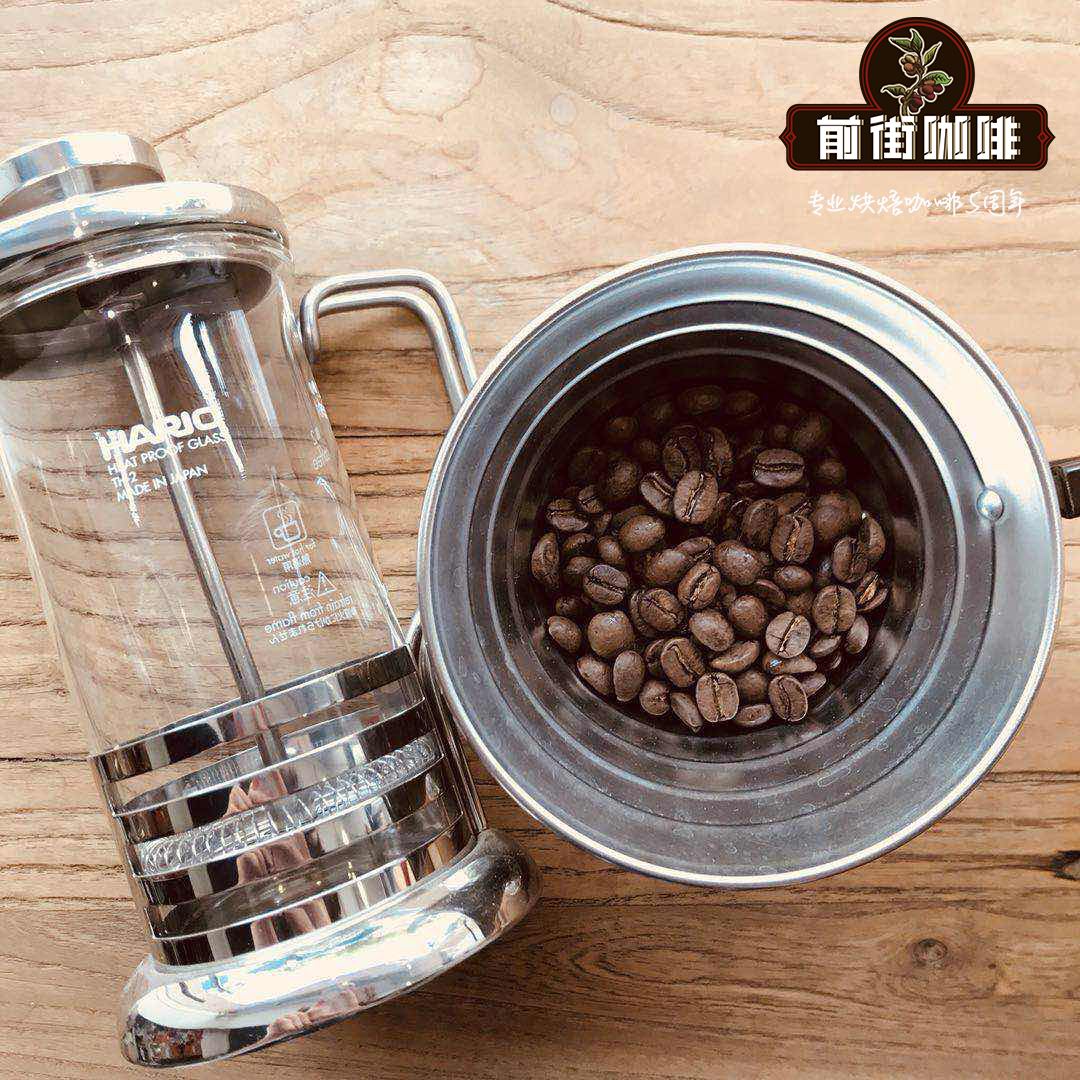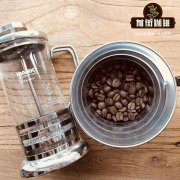Peru Amazonas Amazon Vera Rika Manor _ Peruvian Organic Coffee is Fine Coffee

Professional coffee knowledge exchange more coffee bean information please follow the coffee workshop (Wechat official account cafe_style)
Sun treatment of Yellow Cadura seed in Vera Rica Manor, Osakomba, Peruvian Coffee District
Sweet and solid aromas of wine, mango, peach, passion fruit and red guava. Such as intoxicating aromas of wine, berries, peaches, rum grapes, flowers, and melons, papayas and other complex and charming flavors.
Natural organic coffee
Peruvian coffee fields are mainly distributed in the areas of Cajamarca in the north, Cusco in the south and Norp in the south. More than 60% of the coffee varieties are Tibika, and the others are Bobang, Kaddura and Kadim.
Peru, as the eighth largest coffee producer in the world, has exported a large amount of coffee as early as 1887. in the past decade, it has been found that organic coffee has great business opportunities in Europe and the United States, while the coffee fields in the Peruvian mountains have no running water and electricity equipment. poor Indian farmers have been accustomed to organic cultivation since ancient times and are still unable to buy or use pesticides and fertilizers. The authorities are taking advantage of the opportunity to develop the organic coffee industry, which is mentored and certified by the Government. If they meet the requirements, organic certificates will be issued to facilitate export.
There are still high-quality goods at low prices.
Peruvian organic coffee has low production costs, making it the world's largest and cheapest exporter of organic coffee. The other two major organic coffee producers are Mexico and Ethiopia, but at higher prices. The authorities intend to develop Peru into the world's leading organic coffee country, just as Vietnam is the world's largest producer of Robusta, but the floor price strategy has caused resentment in many producing countries. Although Peru dumps organic coffee at a low price, this does not mean that boutique coffee is extinct. In the 2010 SCAA Coffee of the year cup test, Tibica from Cecovasa in Tunkimayo, a small town in Puno, southeastern Peru, narrowly beat the rosy summer of the famous Panamanian emerald estate with a high score of 89.2, winning fifth place.
Tips: organic coffee
Organic coffee, which emphasizes not using chemical fertilizers and pesticides, but using organic fertilizers or farm manure, and using the ancient shade cultivation, which happens to be the favorite planting method of the ancient Tibika and Bobang; but the yield per hectare is only a few hundred kilograms, much lower than a few tons of inorganic cultivation, so the production cost is higher. In addition, organic coffee needs to be certified by international institutions in order to have credibility. Basically, the more backward and poor producing countries, farmers cannot afford to buy chemical fertilizers and pesticides, and most of them use the most natural organic cultivation; but farmers are unable to pay certification fees, so they lose the endorsement of organic certification.
Boutique: Zen tea Mayou
Chanchamayo, a Zen tea famous for producing the highest quality coffee in Peru, is an absolutely organic coffee grown under natural conditions. The coffee of Mayou, a Zen tea, is generally grown in the valley of the Andes at an altitude of 1350Mel 1500m. It belongs to the blue mountain native species Typica and is washed with mountain springs, so it has rich and mellow acidity and softness, which is memorable.
END
Important Notice :
前街咖啡 FrontStreet Coffee has moved to new addredd:
FrontStreet Coffee Address: 315,Donghua East Road,GuangZhou
Tel:020 38364473
- Prev

Peruvian Pasco Vera Ricca Estate Rose Summer Coffee Beans_Peruvian Rose Summer Coffee Good to drink?
Professional coffee knowledge exchange More coffee bean information Please pay attention to coffee workshop (Weixin Official Accounts cafe_style) Peruvian coffee Pasco District Osa Pungba Province Vera Ricca Manor rose summer geisha washed dry fragrance delicate and elegant, with frangipani, blueberry, Earl Grey tea, lemon peel and other charming flavor. Frangipani, blueberry, peach, bergamot, lemon peel and coffee blossom bloom in the mouth
- Next

Mokha San'ani Coffee Region| Ancient solarization Local native mocha species Jaa'
Professional coffee knowledge exchange More coffee bean information Please pay attention to coffee workshop (Weixin Official Accounts cafe_style) Shanani Mokha Sanani coffee production area| Ancient sun treatment Local native mocha species Jaadi,Taffahi,Dawairi flavor? Mokha Sanani is a blend of beans from tens of thousands of small farms on the slopes near the capital, Sana. Planting elevation Bima
Related
- Detailed explanation of Jadeite planting Land in Panamanian Jadeite Manor introduction to the grading system of Jadeite competitive bidding, Red bid, Green bid and Rose Summer
- Story of Coffee planting in Brenka region of Costa Rica Stonehenge Manor anaerobic heavy honey treatment of flavor mouth
- What's on the barrel of Blue Mountain Coffee beans?
- Can American coffee also pull flowers? How to use hot American style to pull out a good-looking pattern?
- Can you make a cold extract with coffee beans? What is the right proportion for cold-extracted coffee formula?
- Indonesian PWN Gold Mandrine Coffee Origin Features Flavor How to Chong? Mandolin coffee is American.
- A brief introduction to the flavor characteristics of Brazilian yellow bourbon coffee beans
- What is the effect of different water quality on the flavor of cold-extracted coffee? What kind of water is best for brewing coffee?
- Why do you think of Rose Summer whenever you mention Panamanian coffee?
- Introduction to the characteristics of authentic blue mountain coffee bean producing areas? What is the CIB Coffee Authority in Jamaica?

